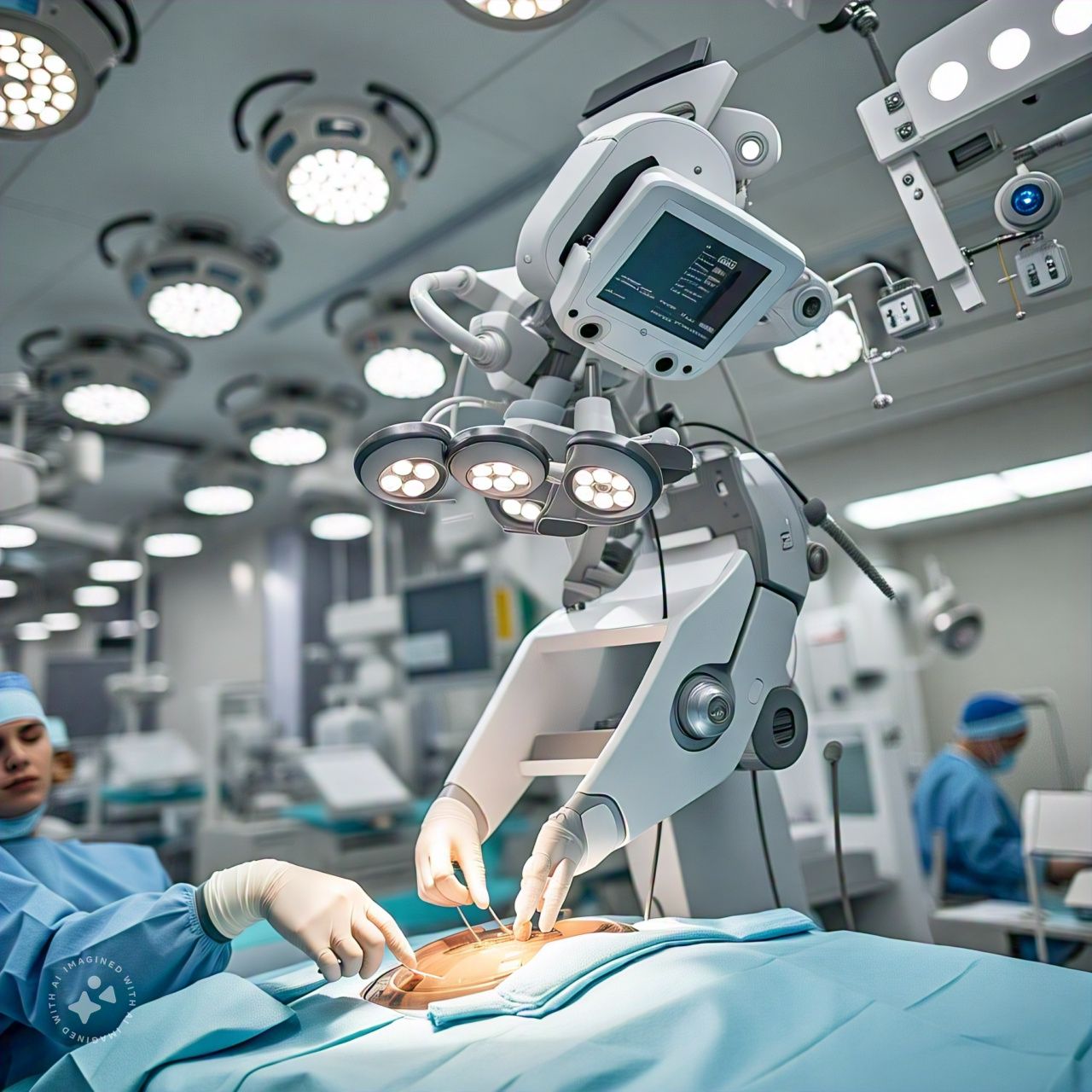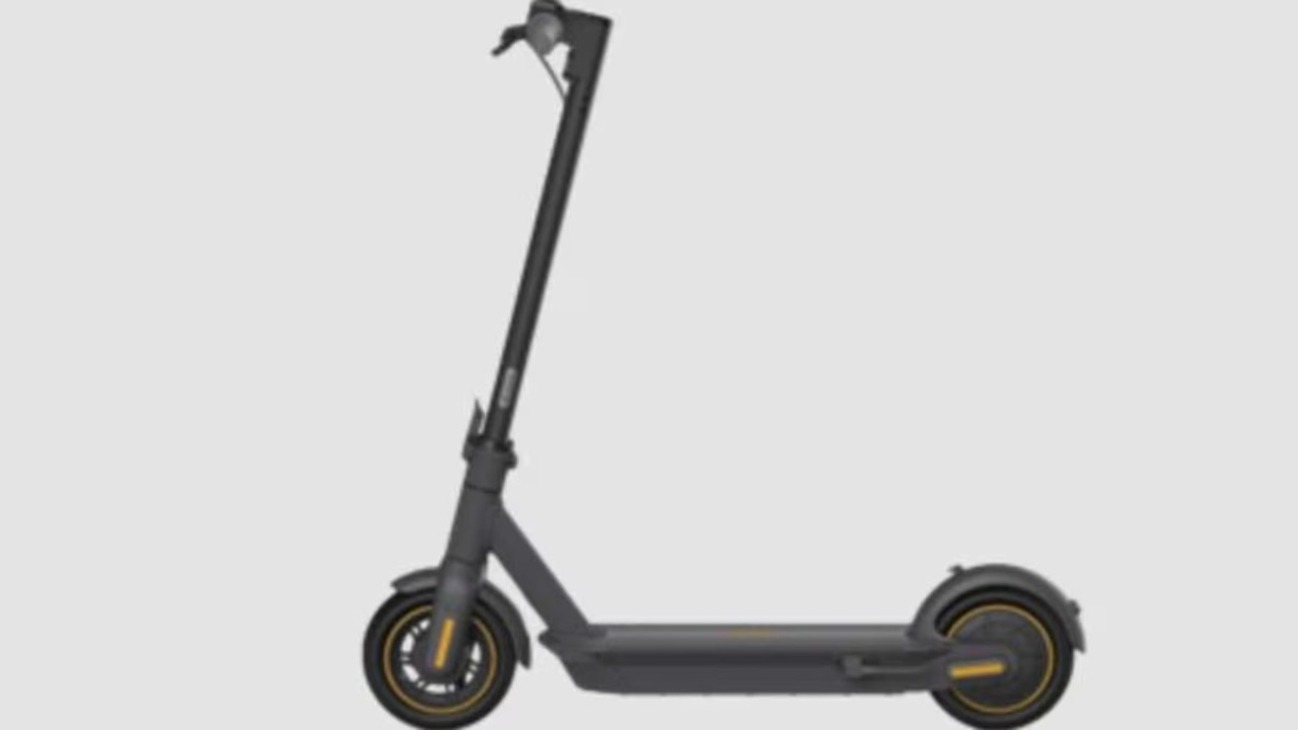
Surgical Robot Achieves Human-Level Precision Through Video Training
How Artificial Intelligence and Imitation Learning Are Revolutionizing Robotic Surgery for Safer and More Efficient Procedures
Researchers at Johns Hopkins University have made a significant breakthrough in medical robotics by developing a surgical robot that, through artificial intelligence (AI), can perform procedures with a skill comparable to that of trained human surgeons. This achievement is based on training the robot by observing videos of surgeries performed by experts.
Imitation Learning in Robotic Surgery
The research team implemented a technique known as imitation learning, where the AI analyzes and learns from hundreds of surgical videos. Using the da Vinci surgical system, equipped with multiple robotic arms, the robot was trained to perform specific tasks such as needle manipulation, tissue lifting, and suturing. This approach allowed the robot to acquire surgical skills without the need for detailed manual programming for each movement.
Notable Results
After training, the robot demonstrated a skill level comparable to that of human surgeons in the assigned tasks. Moreover, the AI showed the ability to adapt to unforeseen situations, such as picking up a dropped needle and continuing the procedure without human intervention. This level of autonomy suggests significant potential for reducing medical errors and improving precision in robot-assisted surgeries.
Future Implications
This advancement represents an important step toward autonomy in robotic surgery. The robot's ability to learn from surgical videos and execute procedures with high precision could revolutionize medical practice, enabling safer and more efficient surgeries. Additionally, this approach has the potential to accelerate the training of robotic systems and facilitate their deployment in diverse clinical settings.
In conclusion, the development of surgical robots trained through AI and imitation learning opens new possibilities in modern medicine, promising more precise procedures and reducing the dependence on direct human intervention in certain surgical tasks.











LEAVE A COMMENT: